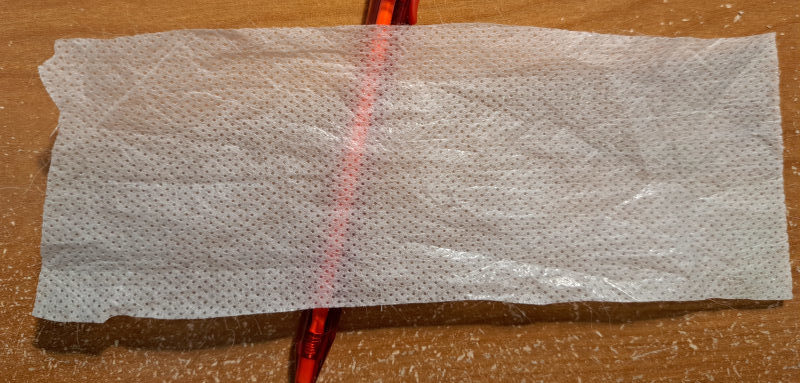TPI is posting advocacy letters we have written to provide examples of violence against persons in prison, primarily against trans and queer persons in Texas prisons. Personal identifying information has been removed for all incarcerated persons, and named staff or other persons causing harm is removed on a case by case basis.
Content warning: Some of these letters describe threats and incidents of violence that may be disturbing. We will note whether each letter is considered a low, moderate, or high risk for being disturbing. We consider this letter to be moderate risk.
In this letter, we are advocating for someone based on somewhat limited information sent to us in their first letter. TPI often tries to get more information before filing a complaint, but in cases where the endangerment appears to be immediate, we will file with what we have. Our impression was that this issue warranted quick action.
Note that extortion is mentioned, and the person we were advocating for admits to paying extortion. This is common in prison. When staff refuse to respond or refuse to provide appropriate response, the fastest means of gaining some safety is to pay someone, generally with commissary or sex, for protection. This also causes additional problems because prison staff will often refuse to identify extortion as such, and are fairly likely to claim this is consensual trafficking and trading in contraband or consensual sex, and it can result in a disciplinary case for the person trying to avoid additional harm or violence.
Mentioned in this letter is the SCC, or Unit Classification Committee. The Unit Classification Committee (UCC) and the SCC are important review groups that make decisions about housing and transfers. In general, endangerment is investigated and the UCC determines what, if anything, is recommended to be done to address the endangerment. That recommendation is send to the SCC for final approval. The UCC can make weak arguments to claim to be acting in the best interest of the incarcerated person, even when they know that the argument they make will be refused by SCC. That appears to be the manipulation that occurred in this instance.
It may be worth noting that in the 2021 Texas legislative session, HB 1598 and SB 1980 proposed creating a new independent ombudsman office separate from TDCJ as an oversight agency. TDCJ seems to have responded by creating their own “independent” ombudsman office, which we are directly addressing in this letter, probably to make the argument that an actual independent agency is not needed because they already have a supposedly independent oversight group. Nothing could be further from the truth. Most of TPI’s responses from the “independent” ombudsman simply repeat the findings (and excuses) of staff at the units where the incidents occurred.

